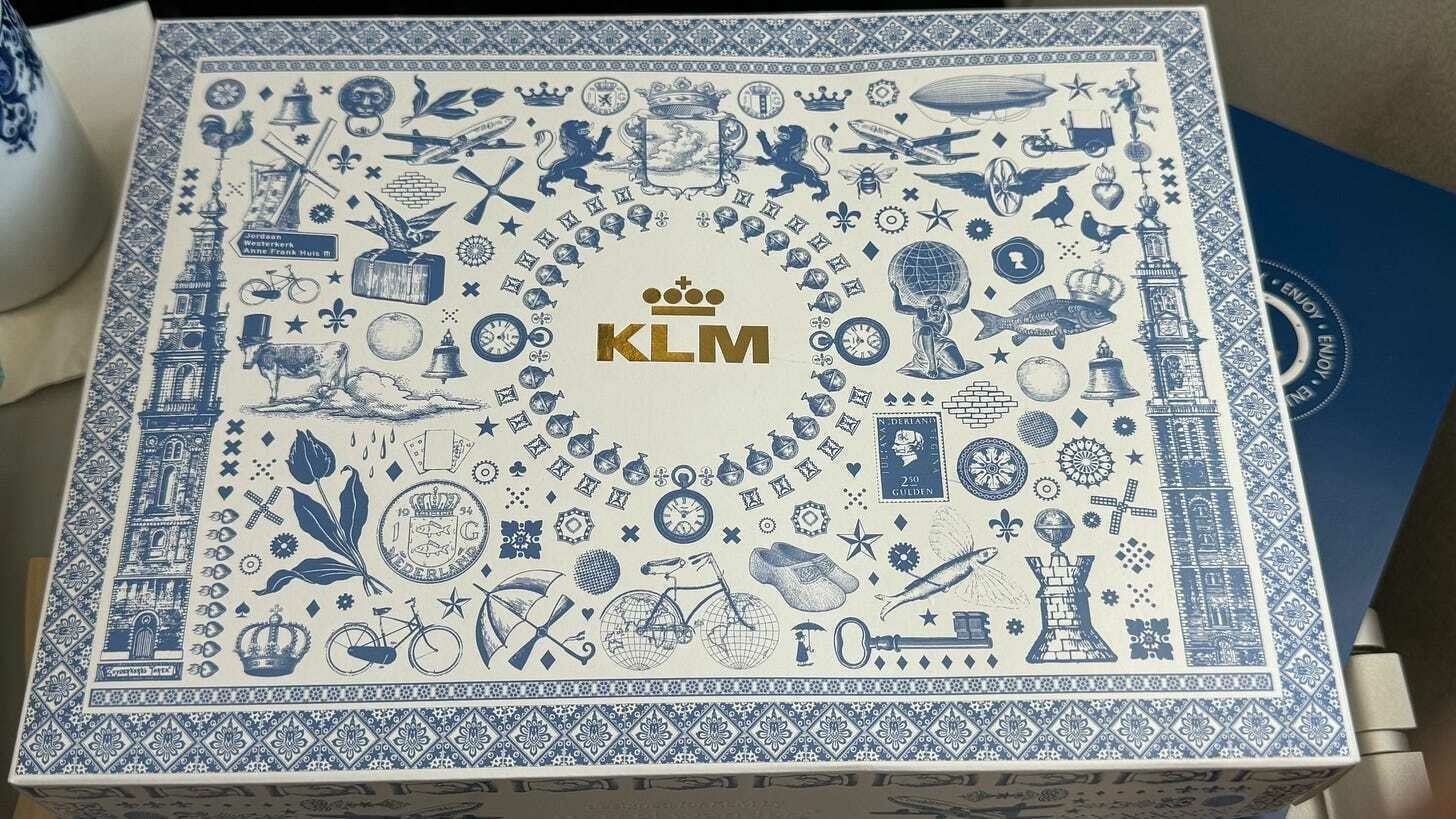Three good videos
Platform Engineering 2025: What “great”’ looks like now.
Most platform engineering talks are very frustrating for me. The same stuff over and over since about 2015. The platform engineering space is rife with people who’ve made the monumental mistake of thinking Kubernetes is a platform and then finding out they have so much more to build on-top of that thin layer. Meanwhile, based on that false assumption, the industry just jettisoned all the PaaS technology we had. It’s a “journey” of self-harm and rebuilding. But, uh…I’m not bitter! Anyhow, this is a great panel going over mostly how to put platform engineering in place. We sometimes call this “culture,” but here it’s much more practical than that. I’d call it “stuff management should do and how they can think differently to succeed.” Skip the first question, and the rest is good stuff.
Phil and Dan talk about how AI is disrupting the IT industry analyst business.
The industry analyst business is always dying. There were boutique firms using blogs, then social media. Independent people like Horace and Ben Thompson. Video, podcasts, and more. I imagine that before all that people were freaking out about FAX machines. Nonetheless, the industry analyst business has all the trappings of big D Disruption: a business that is so locked into its current business model and revenue that it can’t hope to change. Here’s a good discussion of the current industry analyst killer: Artificial Intelligence.
Realistic Utopias by Bruce Sterling with slides.
There’s never a good way to describe a Bruce Sterling talk. I’d say it’s something like: what is a personal utopia? It goes a bit off the rails at the end, as usual, but then you get an odd moment of Sterling being a Hallmark-level romantic. It’s good stuff, as always.
Bonus: what’s the difference between US and UK work culture? This is a question I ask UK tech people a lot, and one of my (new) favorite shows did a whole episode on it. (Yes, I emailed the question to Russell).
Wastebook
“Trump, like a perverted Santa Claus, keeps only two lists: naughty and nice.” ★
“When the data and the anecdotes disagree, the anecdotes are usually right.” Bezos.
Relevant to your interests
From Knowledge to Action - For AI, now, the app is what matters most.
GPT-5: Overdue, overhyped and underwhelming. And that’s not the worst of it. - “We have been fed a steady diet of bullshit for the last several years.” // He’s not a fan.
2022: Why we’ve decided to decommission GOV.UK PaaS (Platform as a Service) - “It has enjoyed uptime of 99.95%, and suffered only one major incident in its 7 years. All this while tenants deployed services more than 122 times a day, made up of 3,200 applications.” // It worked well, but people didn’t want to use it. Instead: Kubernetes. It’d be cool to hear how the next three years went.

Conferences
SpringOne, Las Vegas, August 25th to 28th. VMUG London, speaking, September 18th, speaking. SREDay London, speaking, September 18th and 19th. Civo Navigate London, September 30th, London, speaking. Cloud Foundry Day EU, Frankfurt, October 7th, 2025, speaking. AI for the Rest of Us, London, October 15th to 16th, London, speaking. SREDay Amsterdam, November 7th, speaking.
Logoff
I've been surprised at the degree of GPT5 hate. It is underwhelming to be sure. It's just a typical "better performance" release. I didn't realize so many people thought it'd be the second coming of Christ. We talk about this all the time on the podcast, but clearly people are way too exuberant. Well, the chattering class who publish stuff. I've long discounted and ignored all the "hype" and, I guess, forgotten about all the big claims, hopes, and dreams.
There’s a funny moment in the industry analyst discussion above. After talking about how a well stocked AI could replace an analyst, Phil says he hates reading content written by AI. Indeed! Dan rightly says that you have to tune it, add in the data, get some custom weights… That is, you have to put in a lot of effort to make AI good.
I know I’m sounding snide and patting my own back.
Since about a year ago, paying attention to the industry/business stuff of generative AI has been a distraction. It’s better to pay attention to what people are learning about using AI, the use cases they come up with. That’s what needs to be proven out in the next few years. I think it’ll be fine. I suspect there’s so little structured, purposeful use of AI in businesses that we have no idea what it’s good for, how to use to make the business better, and how to balance cost and profit.
In contrast, it seems like programming is well figured out. We sort of know what works and what doesn’t work: we know the value in programming. We don’t know the long-term consequences because it hasn’t been long enough. The consequence is probably that we’ll build up tech debt faster than ever and be crushed under it in two the three years. Try to avoid that, as always.
I don’t have enough first hand experience with it, but I’m guessing we’ve figured out how to use AI for better education productivity. The teachers are freaking the fuck out, of course.
There's a kind of "bad press is good press" angle, too. Each time there's a doom-piece on AI replacing millions of human workers (or rotting kid’s brains), that piece is reinforcing the notion that AI is super-fantastic and powerful. Even though those stories are negative, they have a positive uplift on the story of AI.
Also, it's been less than a week. Something as difficult to evaluate as generative AI probably needs a month or more to really build up enough of a frond to get a stew going.



